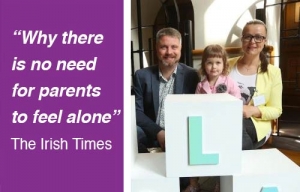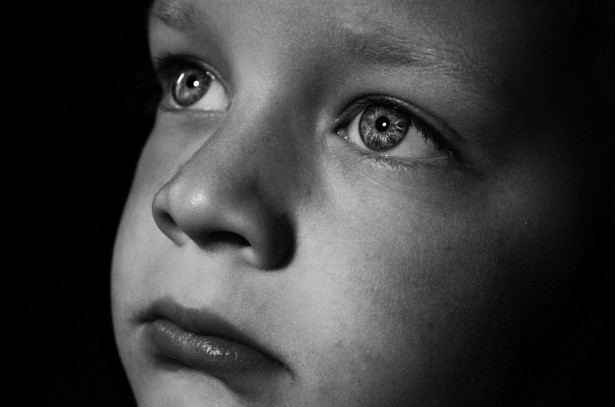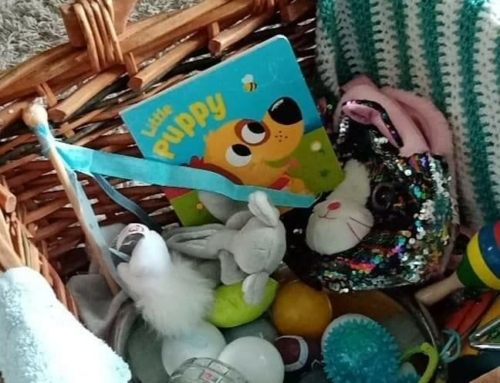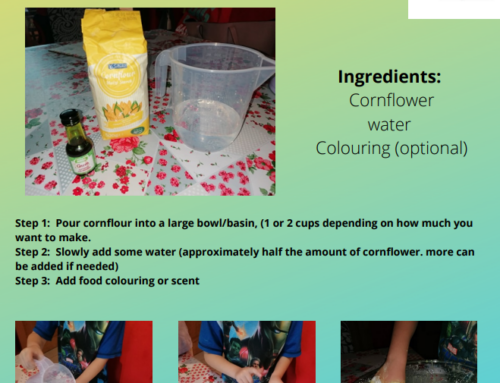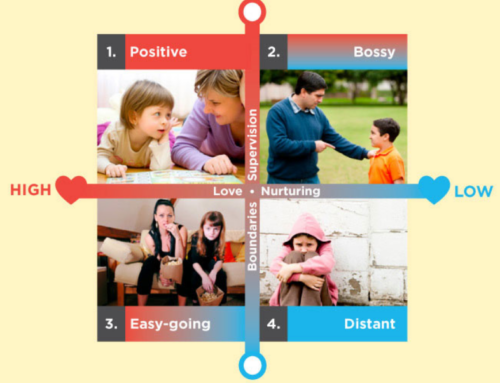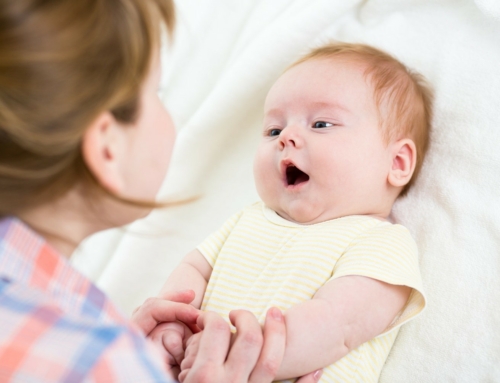When the weight of the world appears to be on little shoulders, is there anything we as parents can do? Of course, there will be circumstances in life that we cannot control or protect our children from. For example, starting school, serious illness, or the death of a loved one. However, there are plenty of life’s trials and woes we can shelter children from. And as they become older, allow them to become aware in an age-appropriate manner. Childhood fears are normal worries for young children, this is not the focus of this blog.
I remember when I was a young child, a frequent phrase in our household was ‘little rabbits have long ears!’ It was only when I became older that I knew what this really meant. ‘Change the conversation because what we are talking about is not suitable for young children’. In effect, this was my parents’ way of protecting me from their worries or adult conversations. Another favourite of my dad’s when content on TV was of an adult nature, including disturbing news stories, was – ‘Is there nothing on RTE’! I know I’m showing my age with this one as RTE is pretty much the same as every other channel now.
Climate change. COVID 19. Financial worries. Housing Concerns. Much more could be added to this list but these are some of the many worries we as parents are dealing with in today’s world. I think we can all agree that these are most definitely adult problems. Before I look at how we shelter children from our adult worries, I want to say that if you are stressed or worried about any of the above issues, it is so important to talk about them. Talk with close family members or friends who can help you manage your concerns. An old saying springs to mind. ‘A trouble shared is a trouble halved’.
If things seem unmanageable, please remember there is professional support to help you with whatever worries you may have. Women’s Centres, Family Centres, Family Resource Centres, Samaritans, Aware, GP’s, Health Workers, Lifestart and their partners, all of whom provide various forms of help. And if one centre cannot help with a particular worry, they will most certainly point you in the direction of someone who can!
Right onto our children. There is an advertisement on TV at the moment with lots of children in it and the focus is on ‘Climate Change’. What stands out for me in this advertisement is the one child who says – ‘I’m only 6 – you figure it out’! Unfortunately, anxiety, stress, depression and other mental health issues are becoming more and more prevalent in our young children, so this makes me wonder… do we need to filter our grown-up conversations when ‘little rabbits are around?’
So what can we do if we feel our little ones have worries and don’t have the capacity or the answers to deal with them? Earlier this week Lynn, who is part of the team here, and I were talking about this and she outlined some very practical advice. After our conversation, I just thought every family and family support centre should have a Lynn!!
So depending on the age of your child and their level of understanding, Lynn suggests you try to gain an understanding of what your child already knows. Ask direct questions, ask how they are feeling etc. Let them lead the conversation as there is no need to be giving answers or explanations to questions they don’t have! When we lead sometimes we are adding fuel to the worry flames when it is totally unnecessary. Use simplistic and factual language when responding to their concerns.
Many of our adult worries are emotive and for the young child listening in, it can be a very scary experience. It is important for parents to understand that when young children are subjected to ongoing stress in young life it can impact their brain development. Ongoing stress, if severe enough can lead to what experts in child development refer to as ‘toxic stress’. This can then go on to impact on the child’s learning, behaviour and even health later in life.
When families are going through worrying times, as parents we should be mindful and keep an eye on our children’s well-being. Ensure they are getting enough sleep. Lots of physical exercise. Spend some extra time with them and do things they enjoy. Reassure your child that you are the parent and you have a ‘loving fence’ in place to protect them. Taking this approach generally has a positive outcome. It also helps your child realise there will be situations in life that are difficult to deal with. But they also learn that with their parents’ support and lots of ‘loving fences’ difficulties can be overcome.
And finally I would like to recommend a lovely book by Virginia Ironside called ‘The Huge Bag of Worries’ (this link will take you to a reading of the story on YouTube). This is fabulous picture book that encourages children to open up about their fears and anxieties. It is perfect for soothing worries during stressful times in a fun colourful way. I found this book to be so helpful when my children had their worries, and it was one they loved read to them over and over again!

